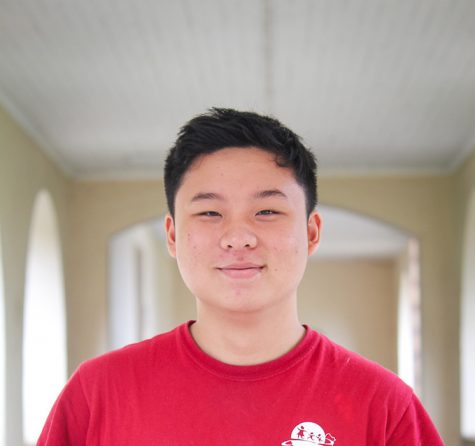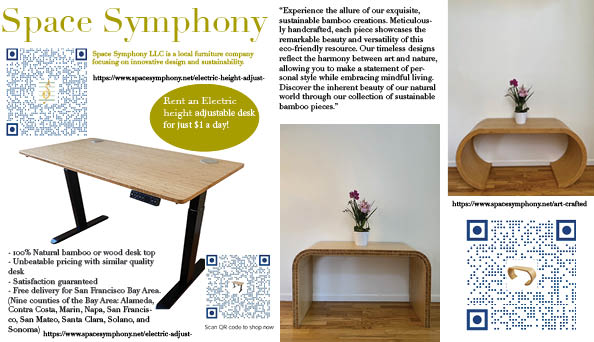Opinion: Measure Y is an overzealous response to local politics
October 30, 2018
It would seem from the recent wave of support for Measure Y, Palo Altans are big “Field of Dreams” fans. “If you build it, they will come.” Modify that slightly to “if there are board seats, the candidates will come,” and you have the underlying logic behind Measure Y.
Measure Y calls for term limits to be placed on members of the Palo Alto Unified School District Board of Education. If passed during the upcoming election, the term limit will restrict board members to a maximum of two consecutive terms on the school board.
The measure will appear in the upcoming November primary election for Palo Alto Unified School District voters. A majority of current school board members have already voiced their support for the establishment of term limits.
Supporters of this measure claim that incumbents running for reelection discourages new, equally qualified candidates from running as well. Yet the basis of this claim is the assumption that there will always be qualified candidates to fill the numerous school board seats. Even with a town as large and politically active as Palo Alto, this assumption is not always correct. Often times, the candidate pool is small or incredibly limited.
Especially in local elections, this phenomenon becomes clear. With a more limited population in local elections, the pool of potential candidates becomes smaller.
Using the current Palo Alto City Council race as an example, the candidate pool adheres to this rule. In an editorial, Palo Alto Online theorized that the “animosity, bickering and political gamesmanship that has characterized many city council meetings” is causing Palo Altans to avoid seeking public office.
These facts reinforce the notion that politics can be ugly, especially at the local level. Local government is what is closest to us; the politicians are our neighbors and the policies that they pass are the most directly impactful in our communities. So naturally, politics within cities is bound to get heated.
It is admirable that the current school board candidates have chosen to shoulder the burden of public office for the sake of the public good, but it is also easy to see why many others would not.
The supporters of Measure Y point to incumbents discouraging newcomers to run for office. Once we remove the incumbents from seeking term after term, we open more seats up to newcomers. If the seats are there, Palo Altans will surely fill them, right? Yet it is not incumbents who are causing these new candidates not to run. Rather, it is the nature of local politics itself.
Yet under Measure Y, we would be forcing term limits which only further limits the pool of potential candidates. In local elections, we can only limit the pool of candidates so much before we are faced with elections with no choice. And the absence of choice is far more dangerous than seeing incumbents on the ballot.
Voting against Measure Y ensures that we include as many voices as possible and give voters the most choice as possible.
The “if you build it, they will come” thinking of Measure Y supporters is based overwhelmingly in assumption, not fact. This is not “Field of Dreams,” and I am not Kevin Costner. This is local elections and that logic should not apply here.




